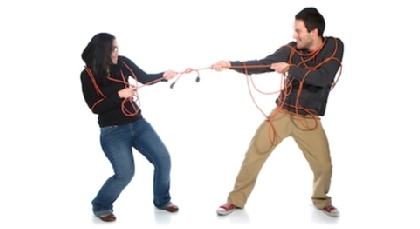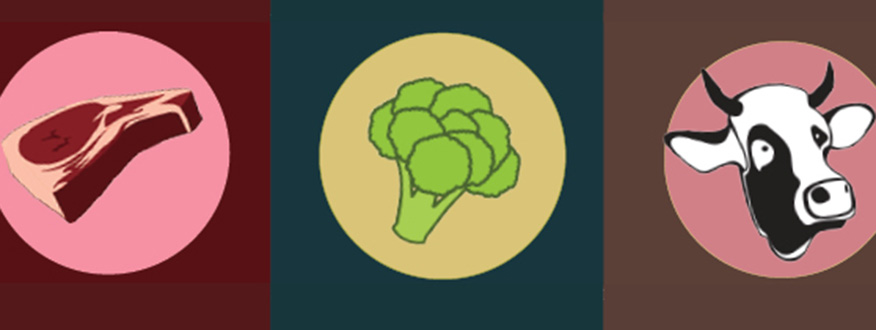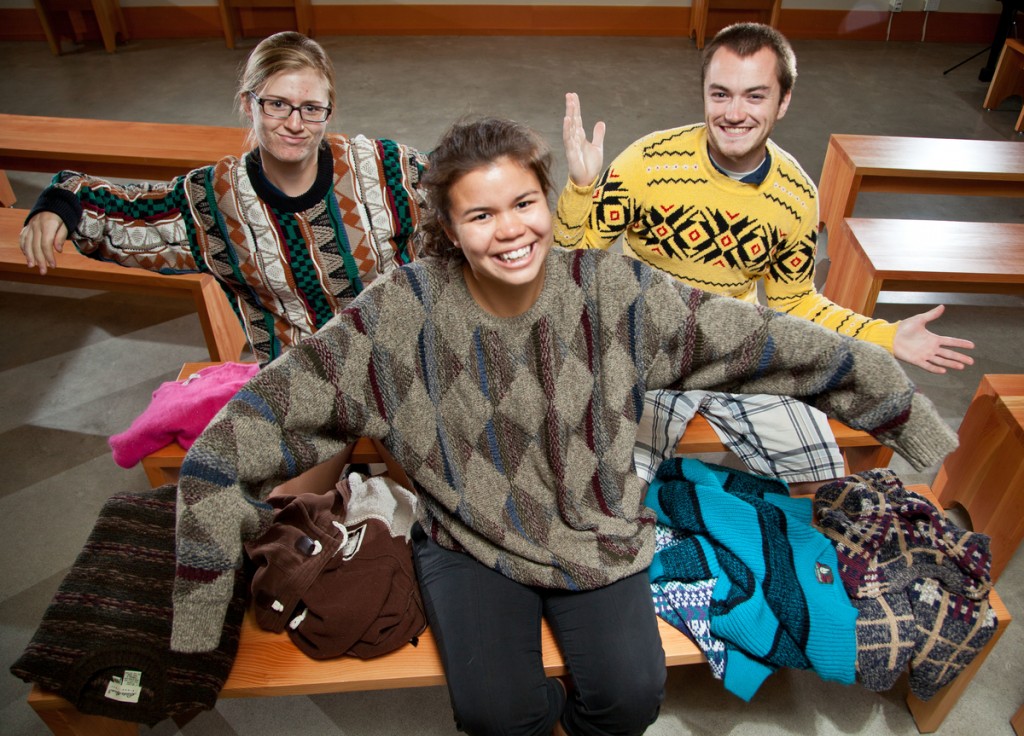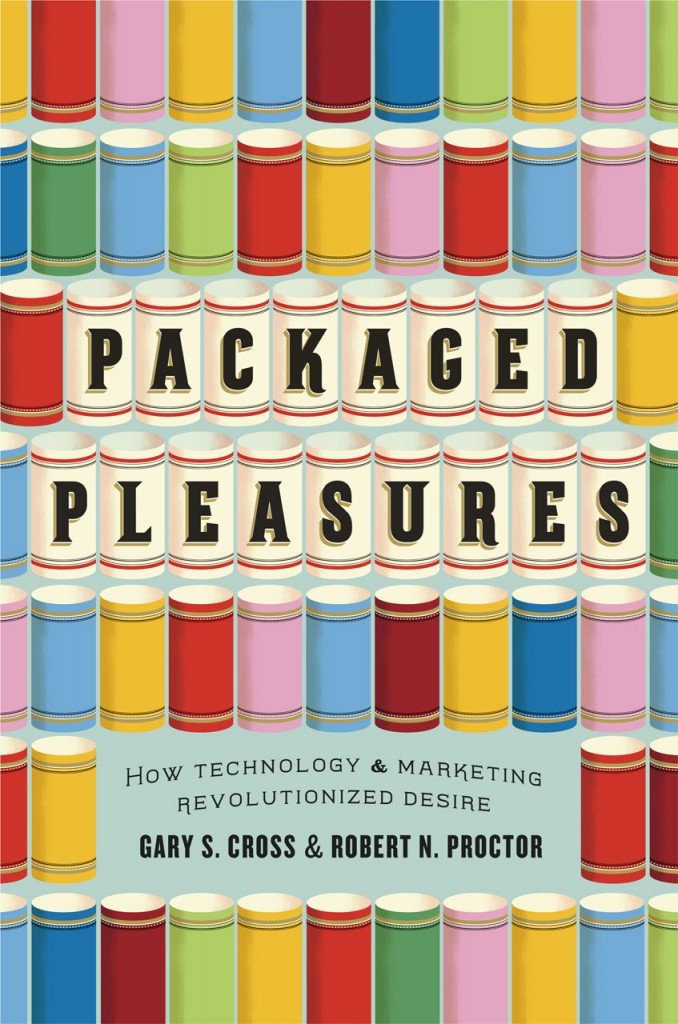Page 1 • (32 results in 0.023 seconds)
-

Article originally published by The Balance on February 28, 2017 by Gigi DeVault The term netnography derives its name from ethnography and net – as in “the Internet.” Ethnography is a form of qualitative research conducted by researchers who enter – and gather data within…
with much qualitative research, netnography is geared to study the perceived and symbolic meanings, consumption patterns of online consumers, and other cultural information in the social context of digital environments (Kozinets, 2010). Netnography is also used to study the phenomenon of online sociability – a result of the online exchange of information. Social media traffic generally occurs without mediation. As such, this free behavior expressing honest perceptions and frank opinions provides a
-

March 11, 2010 Power off – Competition on! By Chris Albert A mid-season loss of Ordal Residence Hall’s most valuable player may have been the difference between victory and defeat in PLU’s UnPLUgged tournament. “We lost our star player,” said Ordal’s current sustainability coordinator, Jason Sipe. Julia Rodrigues and Jason Sipe helped their respective residence halls in a battle to reduce energy consumption. That star player was the hall’s first-round sustainability coordinator Julia Rodrigues
-

, who opposes the proposition (in favor of meat consumption). These experts will be paired with two PLU debate students to help craft arguments. Dr. Karen S. Emmerman, has a doctorate in philosophy from the University of Washington with a specialization in ecofeminist animal theory. Karen is also a co-organizer of the University of Washington Critical Animal Studies Working Group, which aims to expand, enrich, and create new spaces for the public discussion over the place of non-human animals in
-

definition of “comfortable.” During the winter, chilly Lutes bring in personal space heaters to keep workspaces toasty, but by doing so, Bell said, they’re contradicting the goal of PLUs sustainability campaign, “Keep it at 68,” and reducing its overall impact. “Heating and cooling guidelines have been adopted by PLU, including guidance on the use of space heaters,” said Bell. “This policy was created in 2010 by Facilities Management and Sustainability to reduce energy consumption and reduce costs, while
-
October 22, 2010 http://www.youtube.com/watch?v=jmbzzLNVje0 Three PLU MediaLab students went from Canada to the Gulf to explore the issue of oil for their documentary “Oil Literacy.” Understanding oil By Chris Albert This past summer, students from PLU’s MediaLab embarked on a journey to learn, ask and explore oil and energy consumption in the United States. “It’s not about the either or debate,” said Lorna Rodriguez, a senior communication major who worked on the film, along with Kari Plog and
-

October 6, 2014 How ‘Packaged Pleasures’ Changed America At the 2014 Benson Lecture, Prof. Gary Cross Will Explore Consumer Culture and its Impact on our Lives PLU Marketing & Communications From the candy bar to the cigarette and from records to roller coasters, a technological revolution during the end of the 19th century set up a colossal shift in human consumption and sensory experience. As corporations such as Campbell’s Soup and Wrigley chewing gum introduced new techniques to capture and
-
May 18, 2012 PLU recognized as Green College in Princeton Review PLU has been recognized as one of 322 green college leaders in the 2012 edition of The Princeton Review’s Guide to 322 Green Colleges. The guide, which highlights campuses that demonstrate a strong commitment to sustainability, commended PLU for a variety of efforts, including goals for waste diversion, the reduction of water and electricity consumption, LEED certified buildings, and carbon neutrality (by 2020). To read the full
-
Media Awareness Network Johnson works for a media literacy organization based out of Ottawa. He is featured in the film, and will discuss the issue from the lens of media consumption and coverage of oil in the media. Jessica Wilson, Communications Director for Greenpeace Canada (Vancouver) Wilson is an environmentalist who works intimately with anti-tar sands campaigns for Greenpeace Canada. Although she is not featured in the film, she was the key contact who helped the filmmakers get in touch with
-
change, but also those of several other pollutants that affect human health. A carbon tax would make those who cause the emissions from their consumption pay something for it directly and, in the process, lead to fewer emissions. For an electorate that hates new taxes, one could offset the carbon tax increase by lowering some other existing tax such as payroll taxes. This way, the bottom line for most households need not change, but the incentive for conservation is preserved. To address equity
-

fill their empty “bowl.” The $10 cost can be paid with Dining Dollars (by PLU students), card, or cash at the Concierge desk in the Anderson University Center. Tickets are limited and usually sell out.For more information, email artd@plu.edu or call 253.535.7573. Please note: for food safety reasons, the soup for consumption is not ladled into ceramic bowls after purchase (which are handled by the public), but into sanitary bowls provided by Campus Restaurants. Read Previous 2019 Juried Student Art
Do you have any feedback for us? If so, feel free to use our Feedback Form.


